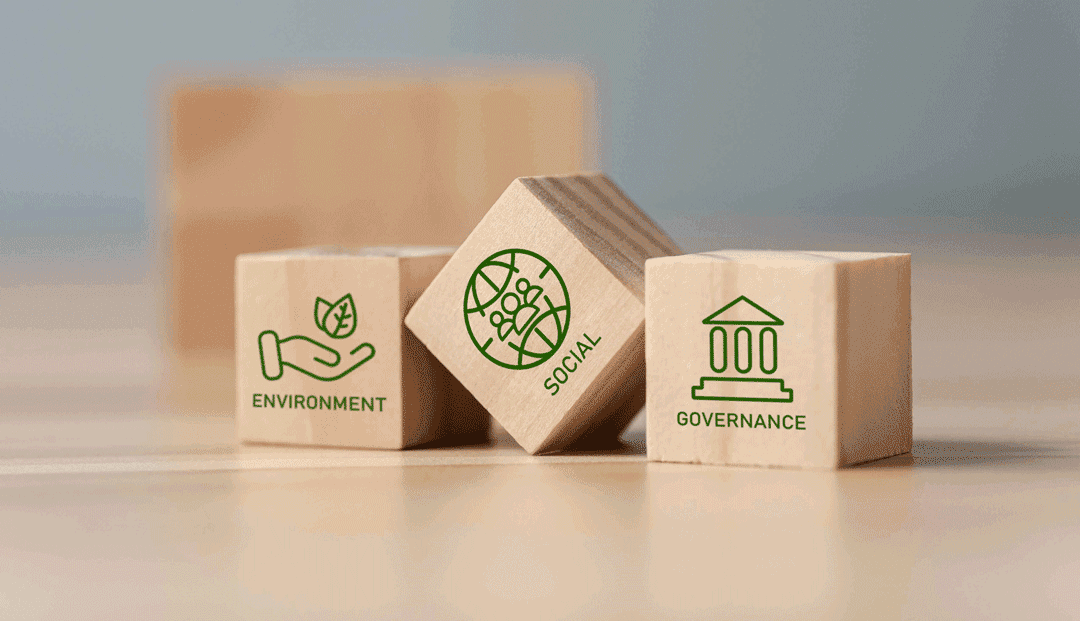With 67% of its e-waste going into landfills, India needs to focus on legislating on the Right to Repair as its first step towards a circular economy.
Right to Repair and the Road to Circular Economy
By Gayatri Ramanathan
(Senior Director, ESG and Sustainability at Kaizzen )
Government of India’s proposed law on the Right to Repair, drafted last July, situates consumer choice, e-waste reduction and tenets of circular economy at the center of a policy pertaining that can change Indians consumer behaviour dramatically by assuring access to repair in sectors like farming equipment, mobiles/phones/tablets, consumer durables, and automobile/automobile equipment.
The proposed law on the Right to Repair aims at conferring a legal right on consumers which will allow them to exercise full freedom to choose how their owned products are utilized post the official “shelf life”- meaning the consumer can seek repair from cheaper 3rd party repairers, rather than being forced to rely on selected original equipment manufacturers (OEMs) and authorized service providers. Thus, it promotes sustainable consumption, resulting in reduction of e-waste and aims to do away with manufacturers’ monopoly over proprietary control on spare parts and repair processes which deprives consumers of their right to get their products repaired from third-party repairers.
India, which is the world’s third largest e-waste generator, produced a whopping 16,01,155.36 tonnes of e-waste in FY22 (data released by MoEFCC in Rajya Sabha) but it managed to collect, dismantle and recycle only 527,131.5 tonnes of this waste. About 67% of the e-waste produced remains unprocessed, underlying India’s growing e-waste problem. The Right to Repair aims at reducing this growing mountain of e-waste.
To kickstart a movement and awareness around the Right to Repair, Department of Consumer Affairs, Ministry of Consumer Affairs, Food & Public Distribution, has developed an overall framework on lines of the Lifestyle for Environment (LiFE) initiative launched by Prime Minister Modi which promotes mindful and sustainable consumption. The framework lays emphasis on building a harmonizing trade between original equipment manufacturers (OEMs) and third-party buyers and sellers which will benefit the consumers who will get to exercise their right to choose more freely. The government has identified farming equipment, mobiles/phones/tablets, consumer durables, and automobiles/automobile equipment for mandatory repair rights. The Department has also launched a portal where it has stored information on self-repair manuals, authorized and third-party repairers for companies that have joined its initiative.

In essence, the right to repair is meant to protect consumers and the environment, it requires producers to design easy-to-repair products and supply information and parts for consumers to independently undertake repairs. Given the Indian context of jugaad and decades of reverse engineering experience, as well as the innumerable technicians employed by roadside repair shops, the right to repair is a key legislation in the country’s climate journey. It also empowers consumers to exercise greater freedom in purchase decisions, while cutting down on the rising cost of repair when controlled by manufacturers and OEMs, and promotes the idea of repair as a cost-effective alternative to replacement; an alternative to the use and throw culture.
The right to repair has been recognized across countries, including the US, UK, and the European Union. In the US, the Federal Trade Commission has directed manufacturers to ensure that consumers can carry out repairs, either by themselves or through a 3rd-party agency.
In 2022, the UK passed a law that includes all the electronic appliance manufacturers to provide the consumers with spare parts for getting the repair done either by themselves or by the local repair shops. Australia, for long has had a culture of repair cafes which are free meeting places where volunteer technicians gather to share their repairing skills. The EU passed legislation that required manufacturers to supply product parts to professional technicians for up to 10 years.
Transition to a circular economy will require a number of changes in the way we utilise and manage resources – the right to repair is one of the first steps in promoting responsible consumption. If we really want to reduce waste, we need to improve the durability, repairability and reusability of our products.






















































